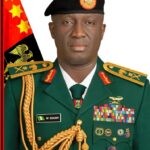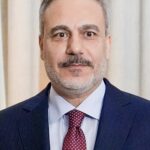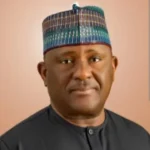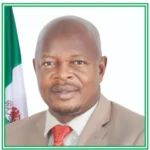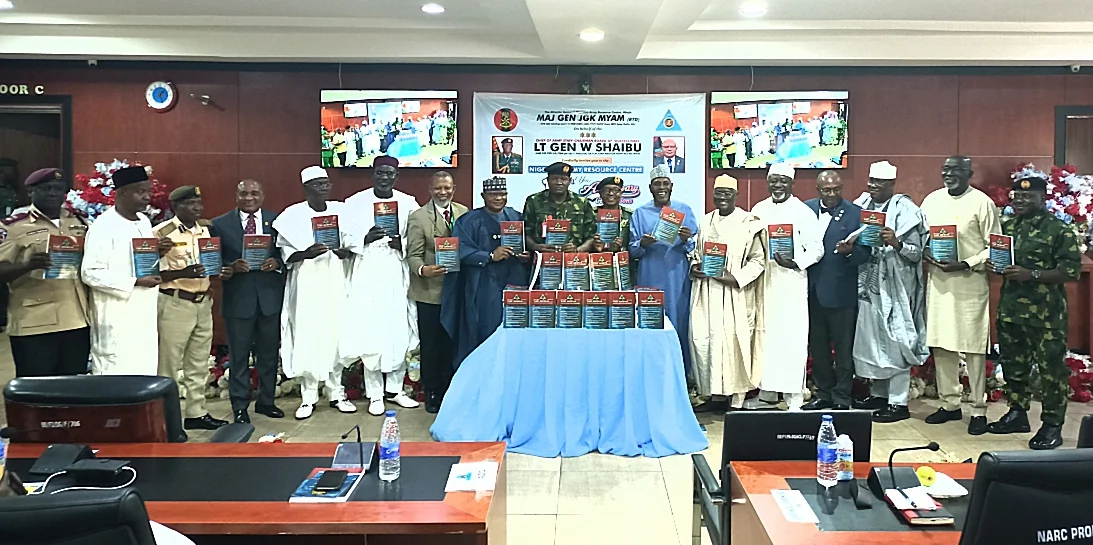By Sumaila Ogbaje
A former Chief of Defence Staff, Gen. Martin Luther Agwai, has warned that Nigeria risks deeper insecurity and national fragility unless it confronts worsening ethnic, religious and social divisions.
Agwai gave the warning while delivering a lecture titled, “Knowledge, Power and National Security in the 21st Century: Nigeria in Perspective,” at the 10th Anniversary celebration of the Nigerian Army Resource Centre (NARC) on Wednesday in Abuja.
He lamented that Nigerians were increasingly placing ethnic, religious and sectional identity above national unity.
Agwai said communal conflicts that once defined certain regions had faded, but new forms of divisions and distrust were emerging, creating fertile ground for insecurity.
“We have gradually become a nation of so many nations. Most of us now take our ethnic groups, our religious groups and our social affiliations above the nation. That is why we are facing what we are facing.
“We now threaten, kill and slaughter each other in the name of things none of us has ever seen,” he said.
The former CDS said recent developments nationwide show Nigeria’s problems are “big, real and urgent”, but insisted the country has the capacity to solve them.
“We do not need anybody in America to tell us we have problems.
“I am so sure we are capable of solving our national issues if we accept that our collective survival is more important than personal or sectional interests,” he added.
Citing the resurgence of Boko Haram, Agwai said that Nigeria had continued to suffer the consequences of weak intelligence management.
According to him, when there is an intelligence gap, there is a knowledge gap, and if we have a knowledge gap, we cannot deploy military power effectively.
He criticised poor coordination and competition among security agencies which, he said, often delays early response to threats.
The retired general described cybercrime as one of Nigeria’s most dangerous and escalating threats, revealing that the country’s financial institutions lost over N1.1 trillion to cyberattacks in seven years.
He also noted that the Gulf of Guinea remained one of the most dangerous maritime regions in the world, warning that piracy continues to affect Nigeria’s trade and oil economy.
Agwai stressed the need for massive investment in digital infrastructure, artificial intelligence, cyber forensics, open-source intelligence and modern data architecture.
He said human capital, research and development and defence industrial capacity must be prioritised, recalling his experience reviving the Defence Industries Corporation of Nigeria (DICON) equipment to 99 per cent functionality in four months.
“That gave me confidence that Nigeria can do it, once leadership and motivation are right,” he said.
Agwai cautioned that Nigeria’s rapid population growth without economic expansion is worsening insecurity, poverty and youth vulnerability.
“If we continue like this, insecurity will keep growing. Today you don’t need to start a war with guns. You only need to radicalise, misinform and destabilise the economy,” he said.
He called for a comprehensive national security roadmap involving federal, state and local governments, academia, as well as civil society.
In his remarks, retired Lt.-Gen. Tukur Buratai, former Chief of Army Staff and founder of NARC, said his intentions for establishing the centre was driven by the desire to develop knowledge-based solutions to nation security challenges.
He commended the past and current leadership of the centre for driving the vision with passion and innovation.
“Our vision for the centre was ambitious and we are here today with pride.
“I commended the leaders and staff who have made this possible by continuing to push this with determination,” he said.
Buratai urged the centre to introduce a programme for past military strategic leaders to contribute their experiences to the development of the centre. (NAN) (www.nannews.ng)
Edited by Yakubu Uba

